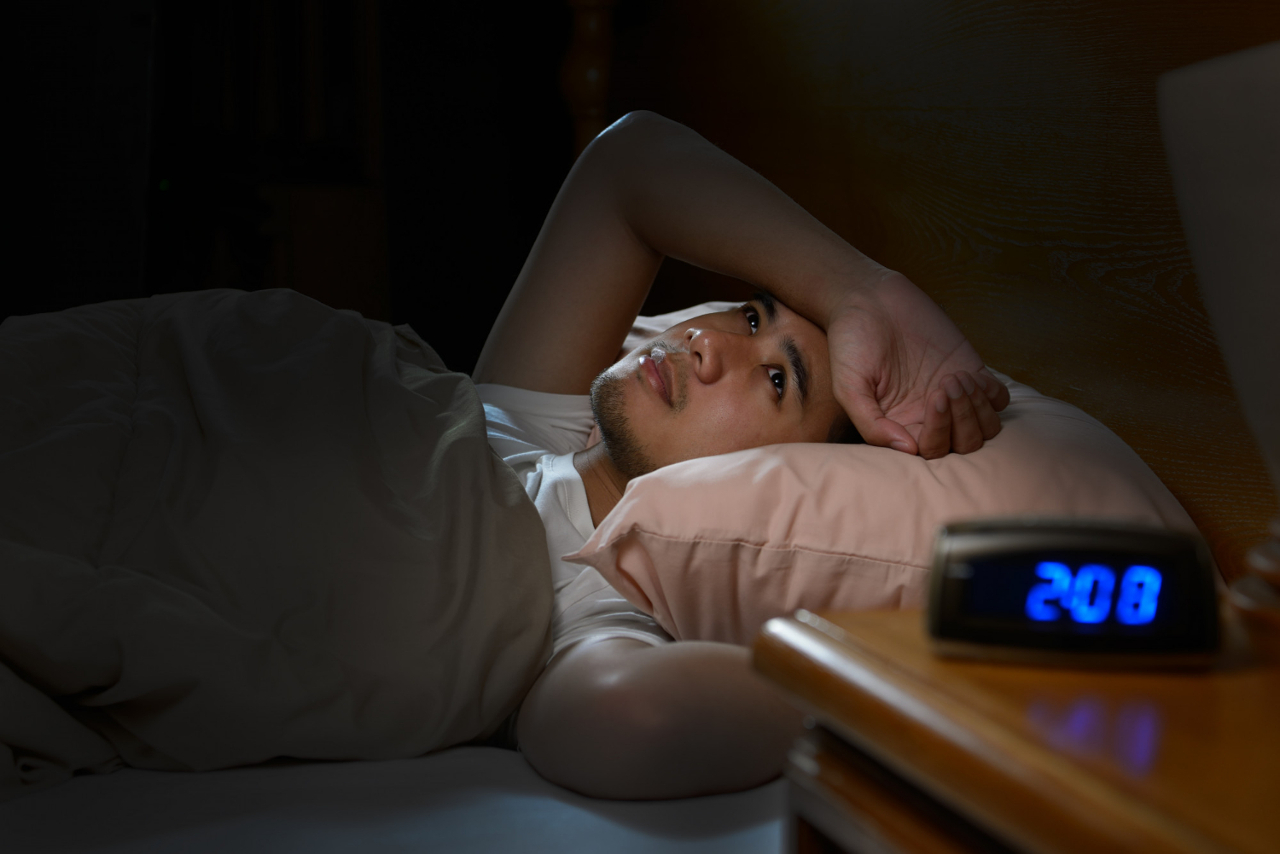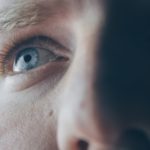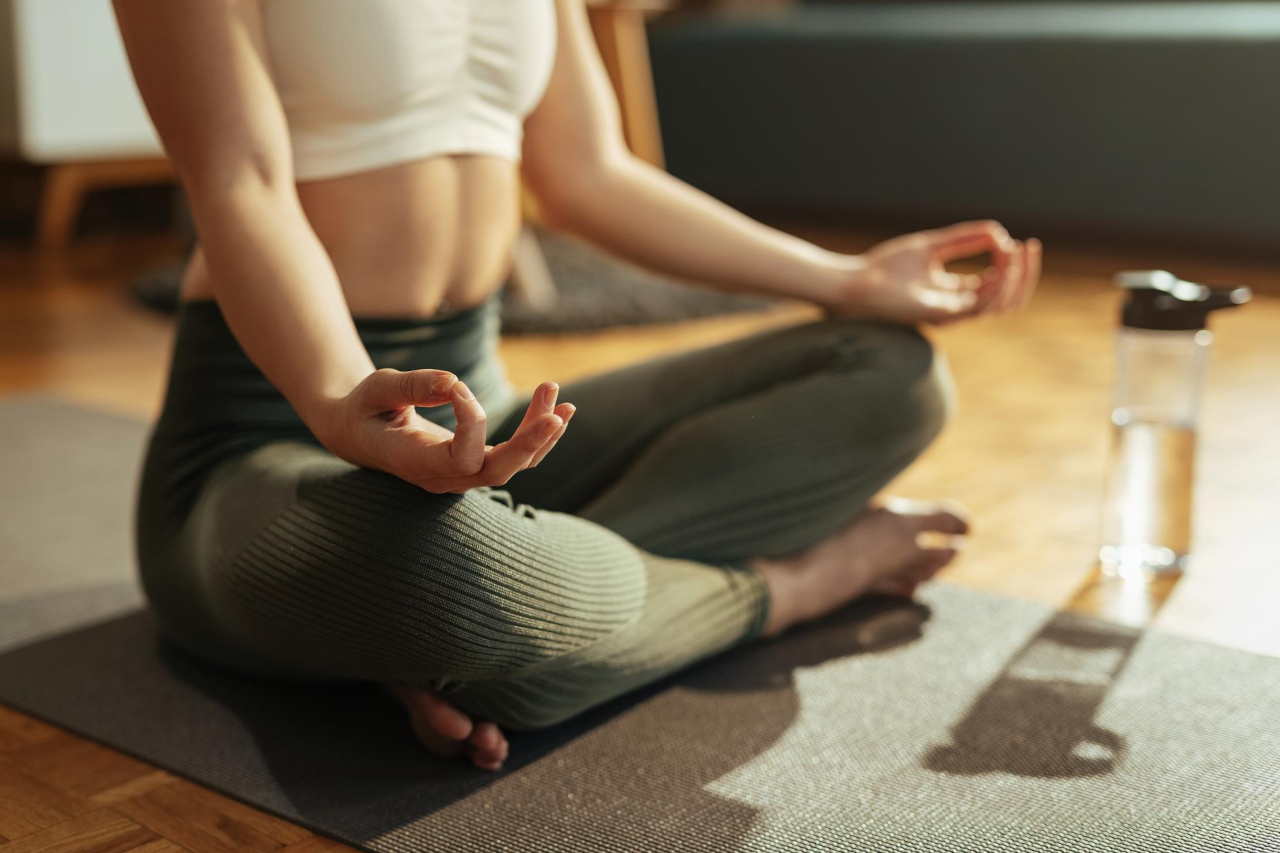
Parasomnias: What Are They and How Can Hypnosis Help?
Sleep. We all need it to fully function properly. However, some people just aren’t getting quite the rest they need. If your sleep is suffering and you’re having a lot of nightmares and night terrors, it’s possible you may have what’s called a parasomnia.
Parasomnias are an all-encompassing term for a group of sleep disorders (unusual behaviours) involving unwanted events or experiences, which occur while you are falling asleep, during sleep, or waking up. They can include abnormal movements, behaviours, emotions, sensitivities, or dreams. You are still asleep during these complex behaviours and often will have no memory that it has occurred. Nightmares, lucid dreaming, and dreams in general are also connected to parasomnias.
If you’re not sure whether you suffer from a parasomnia or not, perhaps this article will help you better understand why you may find yourself having issues sleeping through the night. Learn what these parasomnias are and how hypnosis can help.
Symptoms of Parasomnias
Some of these parasomnias are quite common, especially in children, while others are quite rare, such as exploding head syndrome. Symptoms vary for each variety.
Non-REM (NREM) Sleep Parasomnias
Sleepwalking. We know this one from TV and movies. While still asleep, you’re getting up from bed, walking around. You may not remember how you got there, waking up in another room or outside of your house. Sometimes sleepwalking can involve a series of other complex actions, often obscene, strange, or in the wrong place. For instance, moving furniture around, urinating, or even going for a run. During an episode, your eyes will usually be open with a confused, glassy look. A sleepwalker may be confused or angry if woken up but will not be harmed. Do not try and restrain a sleepwalker as it can result in aggressive behaviour such as kicking or biting.
Confusional Arousals. It’s exactly how it sounds. When you wake up or just after waking, acting in a way that is strange and confused. You may seem awake though your state of mind is still muddled, speaking slowly, have confused thinking, poor memory, or respond to questions and requests bluntly and nonsensically. Having no memory of these confusional arousal episodes, they often begin when a noise or someone else wakes you up and may last from a few minutes to a few hours.
Night Terrors. Here’s a typical night terror (or sleep terror) episode: you shoot up from bed with a piercing scream, look of intense fear through wide open eyes, a racing heart. You may even kick, thrash, and shout things that others cannot understand. Most often you don’t remember what happened but sometimes may be able to recall brief pieces of a frightening dream. Usually happening during the first half of the night, night terrors are often distressing to bed partners or parents.
REM Sleep Parasomnias
REM Sleep Behaviour Disorder. Potentially dangerous, this sleep disorder causes you to act out your vivid dreams (filled with action and may even be violent) as you sleep. It differs from sleepwalking in that you rarely walk, open your eyes, or leave the room, but rather you may kick, punch, or flail in response to what you’re dreaming. Episodes become worse over time and can result in self injury or injury to a loved one.
Nightmare Disorder. Everyone has nightmares now and then; a nightmare is a disturbing dream occurring in your sleep and waking you up. Nightmare disorder means your nightmares are frequent, disturbing your sleep. You may often wake from nightmares or have anxiety making it difficult to fall asleep or get back to sleep.
Sleep Paralysis. When you are falling asleep or waking up, sleep paralysis will cause you to be unable to move your body, arms, legs, or head…meanwhile you’re fully aware of this and are unable to speak. Episodes last for seconds or minutes and naturally end on their own, but can also stop if someone speaks to you or touches you. During an episode you may sometimes hallucinate.
Other Parasomnias
Sleep Talking. Exactly how it sounds. Talking out loud during your sleep. Most subject matter is often loud and nonsensical. It is quite common and tends to be harmless by itself. However, it may be a feature of another sleep disorder such as REM sleep behaviour disorder, sleepwalking, night terrors, or sleep related eating disorder.
Bedwetting (enuresis). Accidental urination during sleep happens to children and adults. Not waking when the bladder is full or not preventing a bladder contraction causes primary bedwetting. Most common in children, bladder control and waking before wetting the bed are skills you learn as you grow and develop. Children who face strong social or mental stress causes secondary bedwetting, while in adults it may be a sign of another medical problem such as diabetes or a urinary tract infection.
Sleep Related Groaning (Catathrenia). This causes you to make loud, vocal groaning noises as you sleep with your breathing unusually slow. You take a slow deep breath in, then a long moaning exhale, and end with a sigh or grunt. The groaning can last up to 40 seconds and will often repeat in clusters between 2 minutes to an hour.
Exploding Head Syndrome. No, your head will not actually explode. This syndrome causes you to hear a loud imaginary noise just before you fall asleep or wake up. It may sound like a loud bang, cymbals crashing, or something exploding. You may mistake an episode for having a stroke or brain problem as they are quite distressing. The best thing to alleviate symptoms is trying to get more sleep each night.
Sleep Related Eating Disorder. This eating disorder is when you rapidly binge eat and drink after you wake up in the night, though you are only partially awake. These repeated episodes, which may occur nightly, are out of control and you may have little to no memory of the binge. The food is usually highly caloric and eaten in strange combinations. Those with this disorder may unintentionally injure themselves by eating toxic substances, burning themselves or causing fires.
Risk Factors for Parasomnias
Age. Childhood parasomnias include sleepwalking or bedwetting, for example, and most will outgrow these problems as they get older. However, if they worsen or do not resolve as your child grows, it’s best to see a sleep specialist.
Environmental or Modeling. If parasomnias like sleepwalking or night terrors run in the family, more than likely you will have them too.
Stress. When you are under stress you may be more likely to sleepwalk or have other parasomnias. But when your stressful situation stops, so does the parasomnia.
Post Traumatic Stress Disorder. Nightmare disorder and trauma-related nightmares are most often associated with PTSD, with nearly 80% of PTSD patients having nightmares within three months of their trauma.
Medications. Always be aware of the medications you are currently taking, as nightmares are a common side effect of certain medications, while some may cause other parasomnias.
Substance Abuse. Those who suffer from alcohol or drug addictions are more likely to suffer from sleepwalking, night terrors, and other parasomnias. These substances can also enhance the symptoms of some parasomnias.
Other Disorders. Some parasomnias can be linked to other disorders. For example, REM sleep behaviour disorder is often associated with Parkinson’s disease. Bedwetting in adults is linked to obstructive sleep apnea and congestive heart failure.
Hypnosis for Parasomnias
Hypnosis puts you in a “trance-like” calm state of mind, making us able to tap into that subconscious and see what’s up, as well as help to make positive suggestions in order to change conscious behaviour.
What does this mean for those who suffer from parasomnias?
Dr. Peter J. Hauri, clinical psychologist and board-certified sleep specialist trained in hypnosis, was the lead author of a long-term study, published in the June 15 issue of the Journal of Clinical Sleep Medicine, showing hypnosis as an effective treatment for people with certain parasomnias.
Hypnosis is “a state of deep physical relaxation but with retention of an active and focused mind,” the researchers define.
The study found hypnosis to be most effective for treating those who suffer from nightmares and sleepwalking.
The study group included 36 people, aging from 6-71 years old, each diagnosed with one of eight long lasting parasomnias and referred for hypnotherapy by a sleep specialist at the Mayo Sleep Disorders Center in Rochester, Minnesota.
Average extent of the parasomnias was 18.7 years, with 20 of the study subjects having their parasomnia begin to occur before the age of 10.
Of the 36 participants, nine members of the group needed a second session, four requested and received a “refresher” session six to 12 months later.
Follow-up surveys were done after one month, 18 months and five years with about 40% of the participants reporting a positive change after hypnosis either having no episodes of the parasomnia or were “much improved.”
The number of participants reported no episodes in the 18 months after hypnosis:
- Nightmares: 5 of 7 (71%)
- Sleepwalking: 3 of 6 (50%)
- Sleep Terrors: 1 of 5 (20%)
If you think you may suffer from a parasomnia, please see a sleep specialist before considering hypnotherapy.
If your behaviours are dangerous to yourself or others it is important to seek medical treatment.
Sleep specialists will be able to see how sleep affects your daily life and try and figure out if something else may be causing your parasomnia or making your symptoms worse. Examples can include another sleep disorder, medical condition, medication use, mental health disorder, or substance abuse.
These tips can help to minimize your symptoms:
- Getting a full night’s sleep
- Keeping a regular sleep-wake schedule
- Using sleeping pills as directed
- Adjust your work schedule if you work shifts
- Avoid alcohol and drug use
At Healing Soul Hypnosis, I will make sure I get you the right care you need with a safe and comfortable environment. If you’d like to try hypnotherapy for your parasomnia, you’ve been recommended hypnosis for your current sleep issue, or you have any questions or concerns about hypnosis for sleeping in general, please don’t hesitate to contact me.
Creative Commons Attribution: Permission is granted to repost this article in its entirety with credit to Healing Soul Hypnosis and a clickable link back to this page.
Post a Comment
You must be logged in to post a comment.










